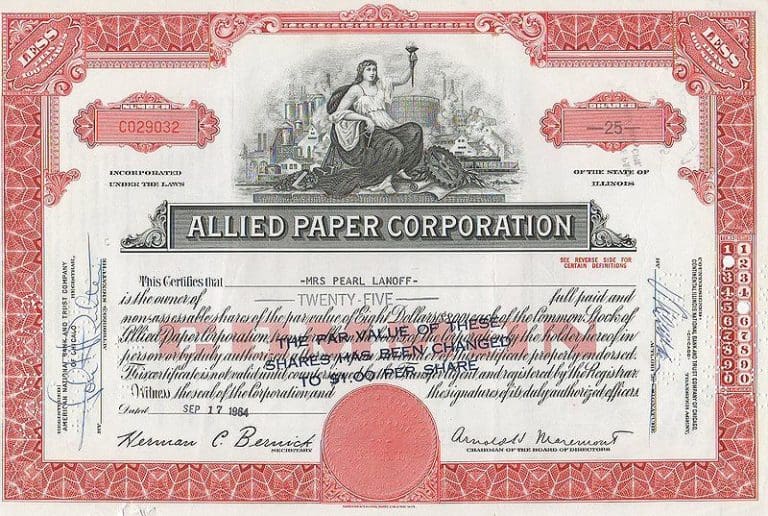Posts
In North Carolina, as in all states, a shareholder or owner of a business is generally not personally liable for the debts of the business. Additionally, Business A is generally not liable for the debts of Business B, even if the two businesses are associated entities. However, a recent North Carolina Court of Appeals decision…
Read MoreMusician Miley Cyrus, record label RCA Records, and songwriter Michael May (a/k/a Flourgon) settled the parties’ dispute over Cyrus’s hit song “We Can’t Stop.” Flourgon alleged Cyrus’s hit unlawfully infringed copyrighted material in his previously recorded song “We Run Things.” What does the U.S. Copyright Act of 1976 (the “Copyright Act”) provide regarding music, and…
Read MoreA will caveat is a special proceeding in which parties can challenge the validity of a document purporting to be the last will and testament of the decedent. The question to be answered is whether the purported will is valid. As a result, admissible evidence and potential remedies are limited to a determination of that…
Read MoreABC Seller agrees to sell 100 widgets to XYZ Buyer for $10 per widget. This agreement creates a contract, which largely governs the rights and obligations of ABC Seller and XYZ Buyer. However, contracts such as this often impact additional entities or individuals beyond the parties themselves. For example, ABC Seller may need to contract…
Read MoreLast week, Lord & Lindley discussed the elements of tortious interference with expected inheritance, which can occur when an individual maliciously interferes with the making or revocation of a will to the detriment of the plaintiff. This blog will address a similar but distinct tort: tortious interference with contract. The Elements In North…
Read MoreNorth Carolina recognizes a cause of action for tortious inference with expected inheritance. This cause of action can be confused with tortious interference with prospective economic advantage, which occurs in the context of a contract or potential contract. Conversely, tortious interference with expected inheritance occurs in the context of a will or estate, rather than…
Read MoreIn a recent blog post, Lord & Lindley discussed the Fourth Circuit Court of Appeals ruling in Ameican Association of Political Consultants, Inc. v. FCC, which addressed First Amendment questions regarding the regulation of “robocalls” related to debt collection for government-backed loans. The United States Congress recently announced proposed legislation to combat the practice of…
Read MoreRic Ocasek, famed singer for The Cars, recently passed away leaving behind a will that purportedly removes his estranged wife, Paulina Porizkova, as a beneficiary of his estate. Ocasek and Porizkova were in the process of divorcing when Ocasek died; however, the divorce was not finalized, and the two were still legally married. Removing one’s…
Read MoreIn honor of the upcoming Veterans Day holiday, this blog post will discuss the Servicemembers Civil Relief Act (the “SCRA”), which provides specific protections for those in active duty military service, as well as their dependents. The SCRA’s Specified Protections The SCRA was enacted in 2003 and recognizes that those in active duty…
Read MoreNorth Carolina-based Epic Games filed a lawsuit over the alleged leak of secret information related to Fortnite Chapter 2. The company claims employee Ronald Sykes violated the terms of a non-disclosure agreement by sharing information related to the new game, including new game-play features and a virtual map of the fictional game universe, prior to…
Read More








